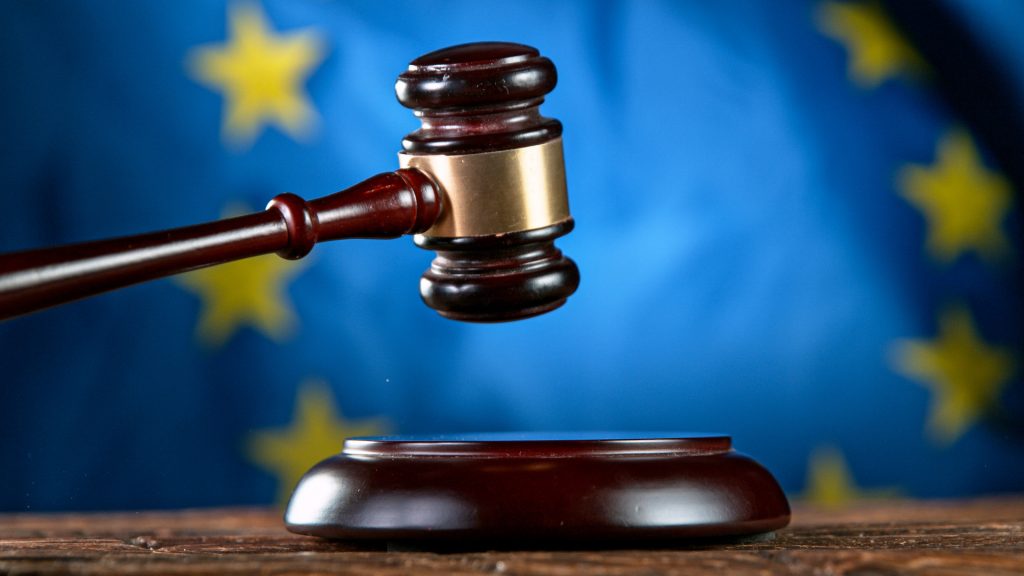The decision reinforces the European Commission’s authority to enforce legal standards across member states.
Others are reading now
Across Europe, the tension between national sovereignty and EU legal oversight has been a recurring issue, especially in matters related to judicial independence and democratic standards.
Several countries have faced financial penalties for policies deemed incompatible with EU law, highlighting the ongoing debate over the bloc’s regulatory reach.
This week, the General Court of the European Union rejected Poland’s complaint regarding over €320 million in fines issued in 2022 and 2023, according to HotNews.
These penalties stemmed from Poland’s judicial reforms, which critics argued compromised the independence of the judiciary.
Also read
Background of the Dispute
The conflict began under the nationalist Law and Justice Party (PiS), which implemented controversial changes to Poland’s judicial system.
The reforms included the establishment of a disciplinary chamber for judges, a move that the European Court of Justice (ECJ) deemed incompatible with EU law in 2021.
The ECJ subsequently imposed a daily fine of €1 million on Poland for failing to dissolve the chamber.
Although Poland later introduced partial reforms, the daily fine was reduced to €500,000. The European Commission enforced the penalties by deducting funds from payments owed to Warsaw.
Poland challenged this financial sanction, arguing that the Commission had overstepped its authority—a claim the General Court has now rejected.
A New Chapter Under Pro-European Leadership
Following the formation of a new government led by Donald Tusk in December 2023, tensions between Poland and the EU have eased.
Tusk, a former European Council President, has pursued a pro-EU agenda aimed at restoring Poland’s access to billions of euros in blocked EU funds.
The court’s decision underscores the EU’s commitment to upholding legal standards among member states.
Analysts believe that the ruling could serve as a precedent for future disputes involving compliance with EU judicial and democratic principles.








